A few years ago a Marine turned novelist, G. Michael Hopf, captured a classic truth in a pithy formula.
Inspired by cyclical theories of history — in particular the generational “turnings” of William Strauss and Neil Howe — Hopf wrote in his novel Those Who Remain, “Hard times create strong men, strong men create good times, good times create weak men, and weak men create hard times.”
One need not put much stock in Strauss and Howe to appreciate the maxim. It could just as well be derived from Sallust or other classical sources.
Or from Machiavelli: in his Discourses on the First Decade of Titus Livy, the Florentine philosopher considers where best to build a city. Place it somewhere warm and hospitable, and you readily attract a large population — but the ease of living there might breed complacency and weakness. So found your state in a harsh climate, where people must be strong and virtuous to survive, right?
No, says Machiavelli — put the city in a comfortable place. And then deliberately make it uncomfortable, using laws.
Necessity creates virtue, but necessity is better when it’s manmade, not dependent on what we don’t control, like the weather.
But what happens when strict laws make strong citizens, who in turn make a city safe and prosperous? Do safety and prosperity sap the very virtues that made “strong men” in the first place?
Machiavelli’s solution for this, as is often the case with his remedies, is bloodcurdling: he suggests a violent, self-inflicted regime change, or refounding.
He doesn’t use the language that Thomas Hobbes would later employ, but he means a return to the “state of nature” in all its terror: hard times again make strong men.
Hardly anyone thinks of Thomas Jefferson as a disciple of Machiavelli, but there’s something of the same idea in his remark, following Shays’ Rebellion, that “the tree of liberty must be refreshed from time to time with the blood of patriots and tyrants.” Luckily, and contrary to the fears of his political opponents, Jefferson was never as radical in practice as those words would suggest.
Donald Trump is not so radical either, despite all we hear about “dictatorship,” “insurrection” and “Caesarism.”
But America today really is facing the problem Hopf so succinctly summarized: our virtues and successes are our undoing, much more than our vices or failures.
Consider foreign policy. A country that loses a truly necessary war may wind up occupied and losing its freedom. America’s wars of the post-Cold War era have been disastrous but have never threatened us with invasion. The problem is not that we don’t have enough security, but rather that we have too much — a security surplus we’re free to spend as irresponsible politicians please, without worry that failure will put us in danger.
The security surplus comes from having won the big wars of the last century, which took real strength of men and arms, and strategic smarts, too.
The woke mania that infects higher education and other elite institutions is likewise a product of success — moral success, in this case, as well as economic prosperity.
The American conscience had been pricked by slavery going back to Jefferson’s day and earlier. Hard struggle — moral, political and ultimately military — brought slavery to an end, and further agony eventually established legal equality. But Americans with generous souls continued to feel guilt after the old evils had been exorcised. They wanted to exhibit compassion and be morally good. So they overshot the mark, and their zeal for justice led them to act unjustly to whites, blacks and every other race. Good intentions produced perverse actions and results.
Adam Smith said there is a great deal of ruin in a nation. The prosperity made possible by the industriousness of earlier Americans, and the sound institutions they created, provides us with more margin for ruin than anyone else has ever enjoyed. We have plenty of civilizational capital to consume — plenty of inherited furniture to burn.
Vices are more easily remedied than virtues gone astray. To sacrifice security, morality, or prosperity in order to curtail their ill effects amounts to cutting off one’s nose to spite one’s face, or torching the village to save it. The castigating measures that Machiavelli prescribes, severe laws or a return to the fearful state of nature, are neither desirable nor viable, at least not in broad application.
What populism amounts to, however, is an attempt to apply these measures to a limited number — the elite. Jefferson may have used violent language, but the mechanism he described can be psychological rather than literal: if a popular movement makes a bad leadership class acutely anxious, will the leaders reform themselves? Can harsh laws take the form of a new self-imposed discipline among the elite?
Or in Hopf’s terms, could bad times — unruly populist times — make strong elites? So far the evidence is not very encouraging, but these are early days yet. America’s leadership class became weak and incompetent by degrees over decades. It may take more than two or three presidential election cycles to goad them to improve.
Our times are not yet truly “hard” compared to a world war or an economic collapse. The environment won’t provide the conditions for strong men or better leaders until it’s too late — it’s up to the people we have today, however flawed, to create such conditions. Populism is the way they do it. If our leaders don’t want to learn the lesson so painfully, they have careful reading ahead.
This article was originally published in The Spectator’s February 2024 World edition.



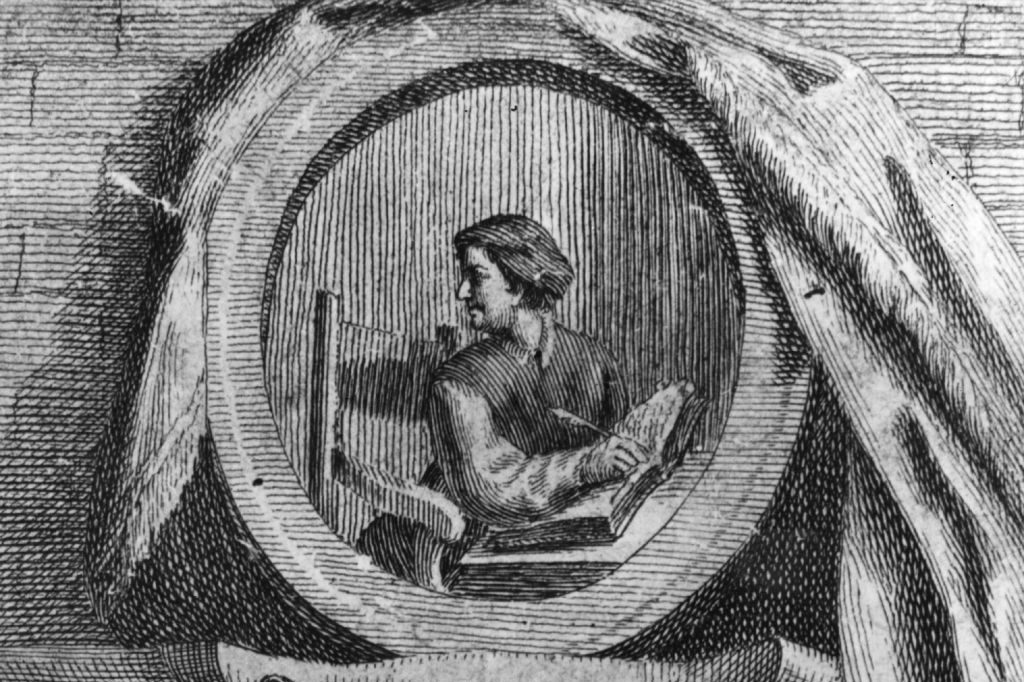







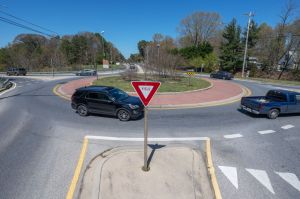
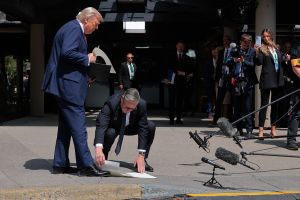




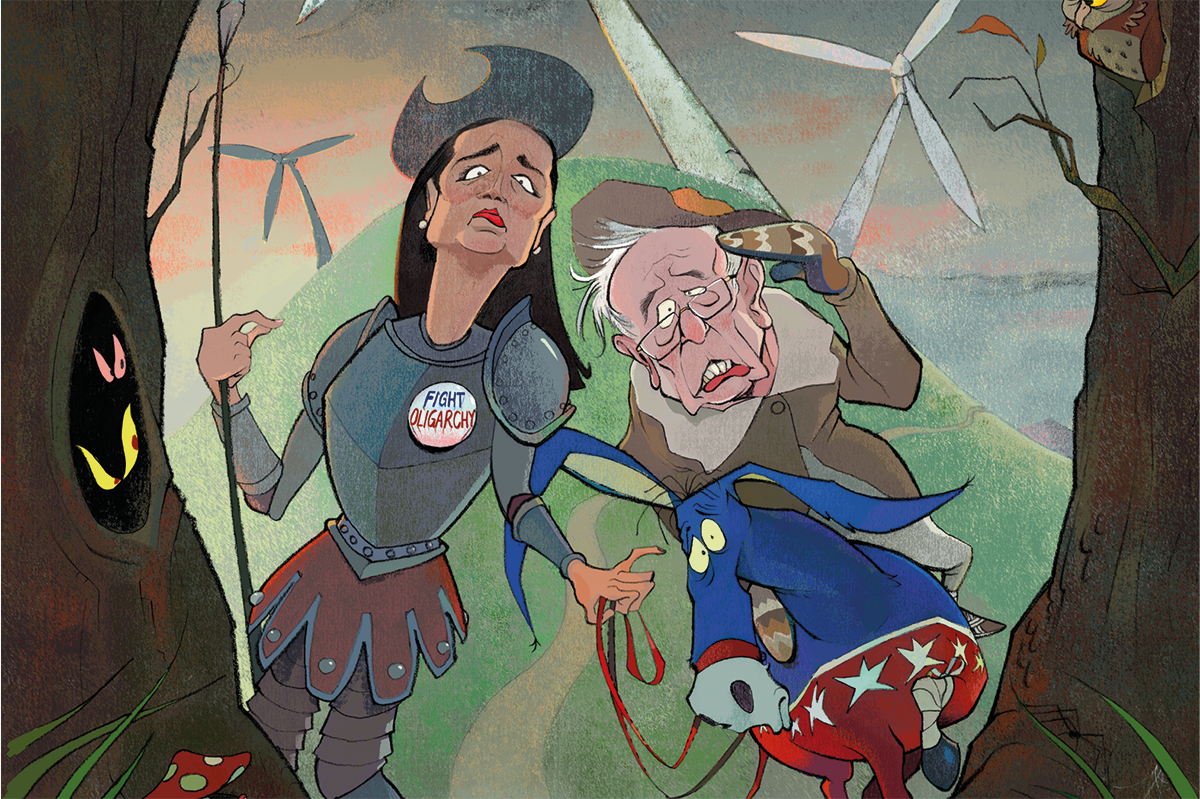
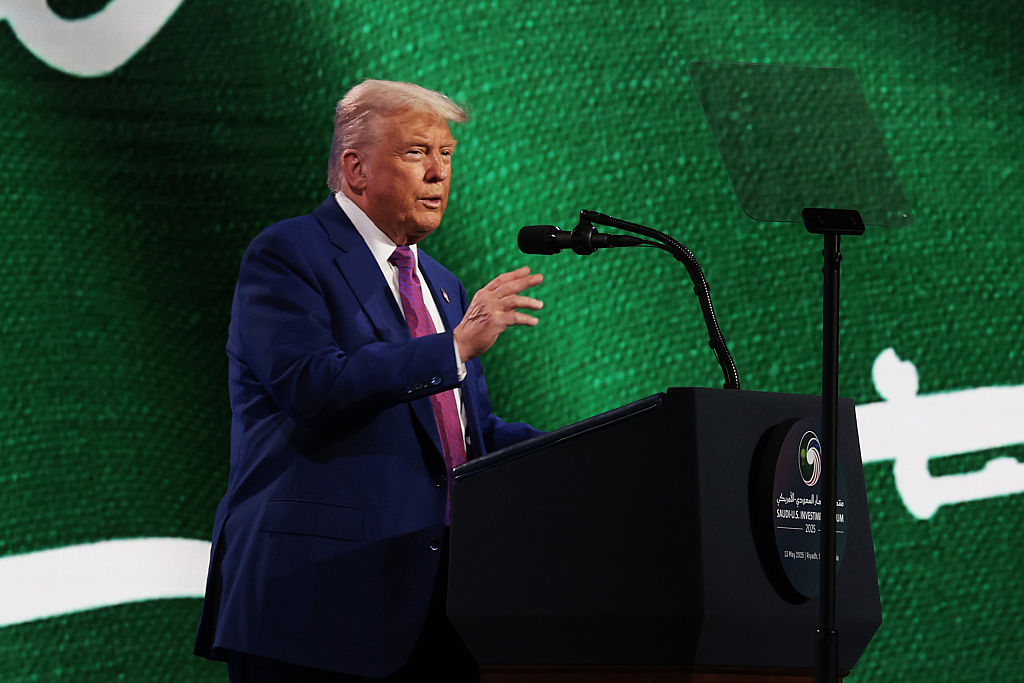







Leave a Reply